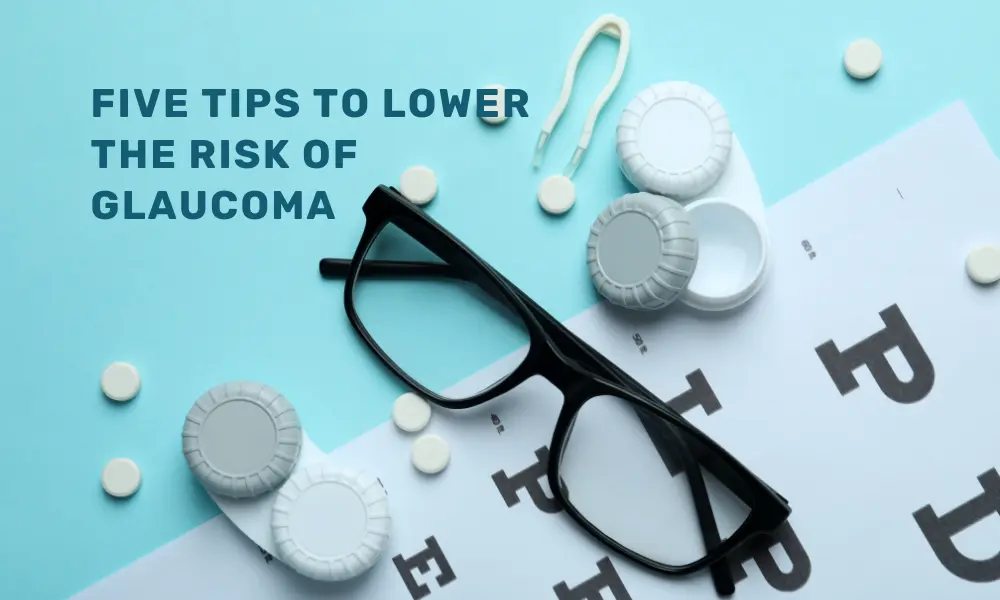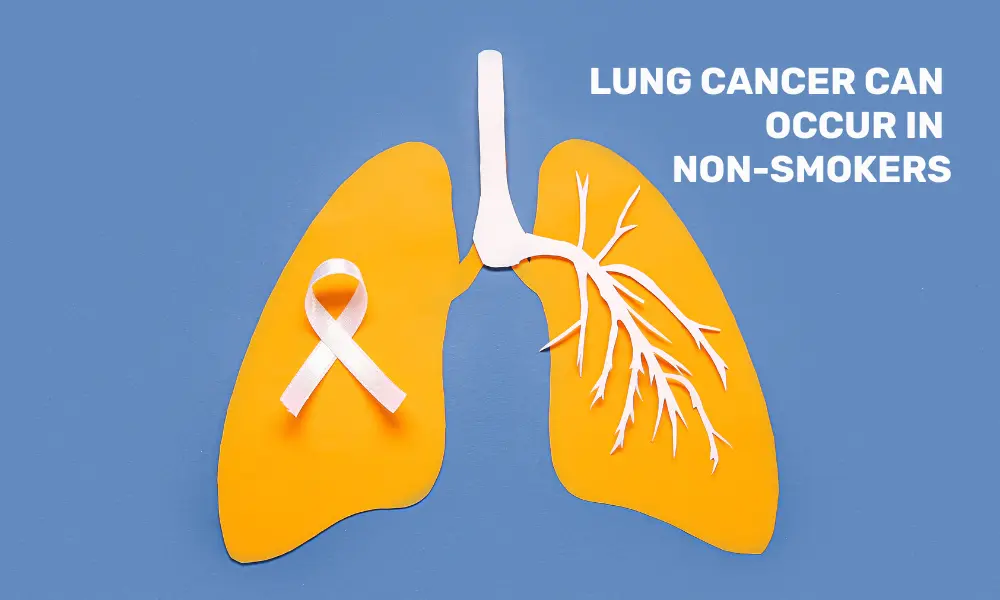Glaucoma is a group of eye conditions that may cause vision loss and damage to the optic nerve. Glaucoma-related blindness is on the continuous rise in India due to a lack of awareness & delay in detection.
What is Glaucoma?
Glaucoma is an eye related disease caused due to high pressure that damages our optic nerves in the eyes. It affects the eyesight of millions of people worldwide and may even cause blindness if not treated in time.
In glaucoma, there are hardly any apparent symptoms initially; people, therefore, are clueless about the progressing condition, which may be a potential factor causing blindness in the future.
Who is at high risk of developing glaucoma?
Certain risk factors may make an individual highly vulnerable to glaucoma may include:
-
Individuals over 40 years
-
Family history of glaucoma
-
History of eye injury
-
Inadvertent use of steroid medicines
However, glaucoma may affect people even without any risk factor, but this has low chances.
While the above risk factors are beyond an individual’s control, adopting a healthy lifestyle with specific changes can lower the risk of developing glaucoma or even help slow its progression.
How can I Prevent Glaucoma of the Eye?
The answer is simple: individuals must adopt preventive measures beforehand to reduce the risk of developing glaucoma in the future. Here are a few measures to prevent glaucoma:
-
Regular eye exams: Taking regular eye exams at equal intervals can help eliminate any risk. One must undertake regular eye examinations with an eye specialist. Timely detection and treatment can help prevent the development of glaucoma and slow down the risk of vision loss or blindness.
-
Practice good screen habits: In today’s digitally abled world, we often use digital devices without any breaks, which may hamper our eyesight. It is, therefore, vital to practice the 20:20:20 rule. This simply means that every 20 minutes, one should take a 20-second break to see an object placed 20 feet away. The 20:20:20 method relaxes our eyes and reduces eye strain.
-
Exercise regularly: Staying physically active is good for our overall health. Exercising improves blood flow in our body and reduces intraocular pressure in our eyes. Hence, exercising helps reduce the risk of glaucoma. Therefore, one must do at least 20-40 minutes of moderate-intensity workouts most days of the week.
-
Healthy weight: Being overweight is associated with many health hazards. Obesity and overweight may also cause glaucoma. Therefore, it is essential for individuals to manage their weight and have a healthy diet that may not result in increasing their weight. Individuals should be mindful of portion sizes, limit processed foods, sugary snacks, and beverages, and increase fiber and protein intake.
-
Protect your eyes from injury: We must protect our eyes from external factors like sun rays and rays from digital screens. One must wear protective eye gear like sunglasses while going out, a helmet while traveling on two-wheelers, and protective glasses while working on digital devices.
Regular eye exams and following the eye specialist’s advice are essential. Further, while lifestyle changes may help an individual lower the risk of glaucoma, but these measures do not guarantee prevention.
FAQ on Glaucoma
What are the foods to prevent glaucoma?
Individuals must eat food rich in vitamins A, C and Antioxidants. These must include green vegetables, carrots, bananas, avocados, pumpkin seeds, and black beans.
How can you prevent glaucoma naturally?
Glaucoma can be prevented by adopting certain measures like regular eye checkups, making healthy lifestyle choices, managing a healthy weight, and a diet rich in vitamins A and C and Antioxidants.
What can you avoid to prevent glaucoma?
One must avoid smoking and consuming alcohol, as this can increase the risk of glaucoma.
What is the advice for glaucoma?
As we age, our bodies experience various hormonal changes, and our eyes also go through the aging process. After the age of 30, it becomes increasingly essential to prioritize eye health to maintain optimal vision and prevent potential complications in the future.




